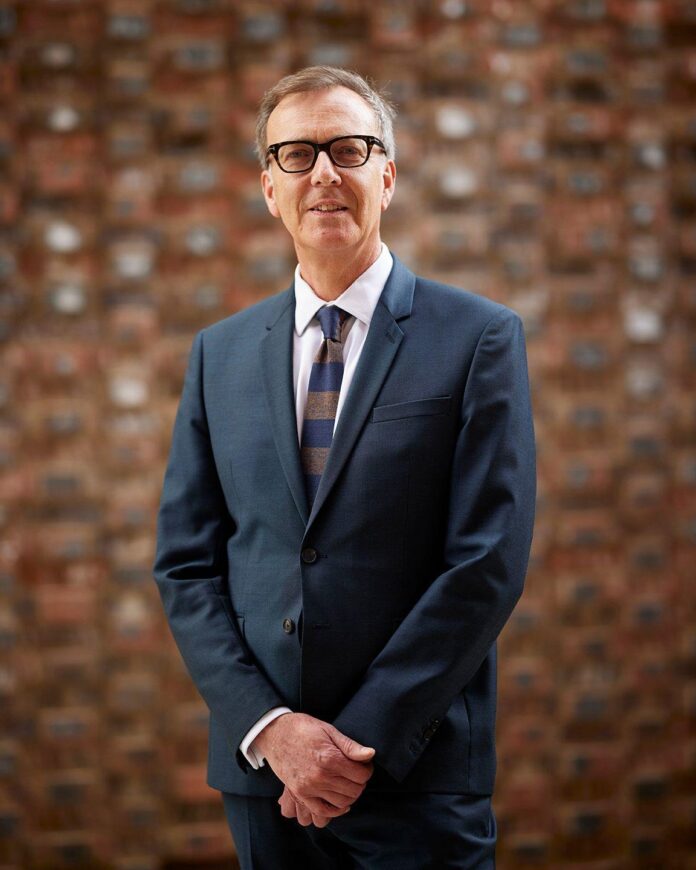The British Council has announced that Paul Thompson, the former head of London’s Royal College of Art, will be its new chair.
Thompson takes up the role after making his name as vice-chancellor of the Royal College of Art (RCA), London’s leading postgraduate university of art and design, which he led for more than 15 years. The RCA has been ranked as the world’s number one art and design university for the past eight years consecutively.
During his tenure at the RCA, Thompson oversaw the opening of the college’s new building in Battersea, London, which is designed by Herzog & de Meuron and encompasses more than 16,000 sq.m. The new campus development cost in the region of £140m, and included a £54m capital funding grant from the UK government as well as donations from private philanthropists.
Prior to the RCA, Thompson worked at the Smithsonian’s Cooper-Hewitt museum in New York and the Design Museum in London. He is also a trustee of the Victoria and Albert Museum.
In a statement Thompson said: “Throughout my career I have worked closely with the British Council’s expert staff across Asia, the Gulf and North America. I have huge regard for the institution’s role in promoting UK ‘soft power’ and our world- class universities and am delighted to be joining Scott and the Board of Trustees.”
The British Council is a non-departmental body of the Foreign, Commonwealth & Development Office (FCDO). But the council’s chair position has come under scrutiny in recent months amid accusations of it becoming politicised.
In August, The Financial Times newspaper alleged that Nigel Adams, the former member of parliament and a close political ally of the former UK prime minister Boris Johnson, was involved in the recruitment process for the role of chair of the British Council. Sam Blyth, a distant relation of Johnson’s, who had also promised a personal loan of £80,000 to the former prime minister, initially appeared on a shortlist of candidates recommended by the FCDO to run the council before withdrawing from consideration for the role.
Thompson will have a stacked in-tray when he assumes his role, for he will take over an organisation which has suffered from a significant funding shortfall in recent years. In March 2022, British Council staff engaged in industrial action in protest over proposed cuts that were projected to reduce the council’s workforce by at least 20%.
In September 2021, during the Covid-19 pandemic, the council closed its offices and “significantly reducing its operations” in 20 countries around the world, including Afghanistan and Australia, as part of a cost-cutting exercise. A British Council spokesperson said at the time that the impact of Covid on the council’s commercial income, which was previously used to subsidise programming, as well as an overall decline in the government’s grant budget compared to pre-Covid, had left the organisation facing a significant funding shortfall.

























